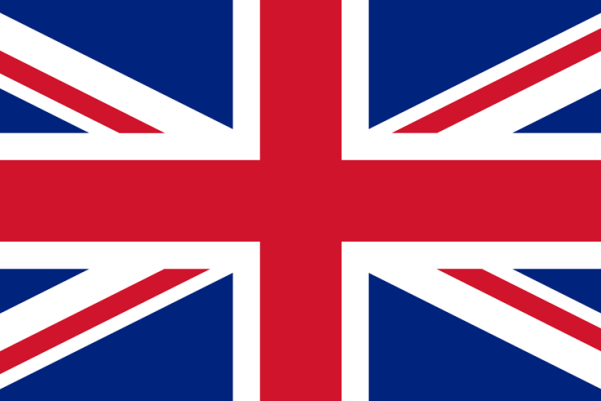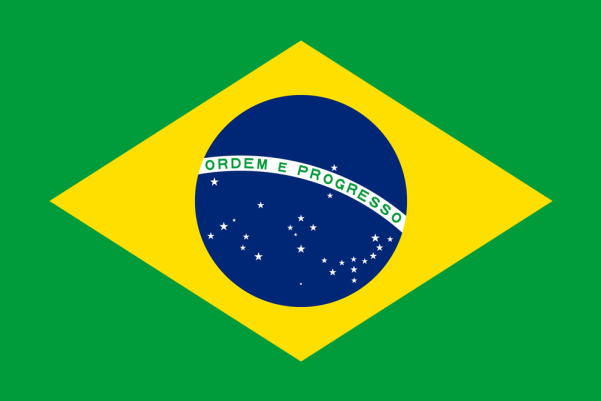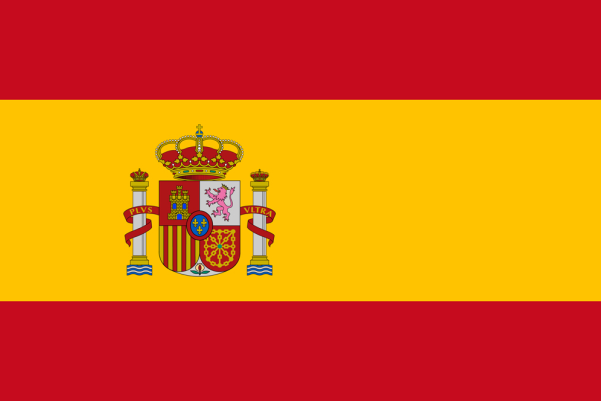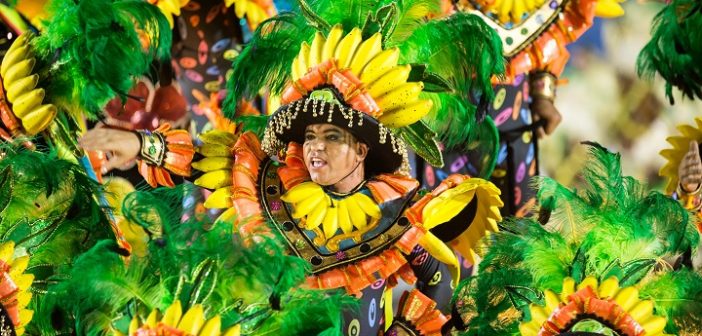Carnival is a wonderful cultural phenomenon; a global spectacle that embodies the true spirt of a nation. It is a public celebration that, regardless of creed or persuasion, unifies a people and decrees that, come hell or high water there will be an almighty two and a half day mid-February frolic, with no exceptions
We ought to pledge our gratitude to The Romans for such conviviality, as it was their appetite for epic pre-Lent blowouts that made Carnival such a sacrosanct fixture in the Brazilian calendar. The word Carnival itself is derived from the Latin carnelevare, (to remove meat), which pertains to the more traditional ritual of fasting over a period of forty days and forty nights. But, at some point, Brazilians took it upon themselves to employ a little creative license and decided that this sacrifice ought to be marked by all-night-long street parades and outrageous costume parties. And for this, dear forefathers, we thank you.
 Brazilians transformed this once solemn religious observance into a matter of global cultural interest. In short, Brazil taught the world how to party, rather than flip pancakes. That’s not to say, of course, that Carnival is an exclusively Brazilian affair, but you will be hard pushed to find another festival that manages to dominate the front pages of Fleet Street in such a vivacious fashion.
Brazilians transformed this once solemn religious observance into a matter of global cultural interest. In short, Brazil taught the world how to party, rather than flip pancakes. That’s not to say, of course, that Carnival is an exclusively Brazilian affair, but you will be hard pushed to find another festival that manages to dominate the front pages of Fleet Street in such a vivacious fashion.
In Brazil the real impact of Carnaval is the unanimous and very public outpouring of pride and collective identity. It is a coordinated manifestation of all that it means to be Brazilian; I carnavalizar (yes they created a verb as well), therefore I am.
The regional differences within Brazil are equally intriguing, with music and costumes varying throughout the land. In the cultural epicenters of Rio de Janeiro and São Paulo the ground tremors to the march of the samba schools as they parade down the Sambadromes in search of the coveted carnival crown, whereas further north, cities such as Salvador and Recife insist that the party spills onto the streets.
The business of Carnival is just equally captivating. In 2011 Rio de Janeiro’s Carnival alone drew 4.9 million revelers to the cidade maravilhosa, 400,000 of them from overseas. Each year hundreds of thousands of tourists from up and down the country flood the party cities of Rio de Janeiro, São Paulo, Salvador and Recife, all in the search of extravagance, escapism and (ironically) a good steak.
 It is not just a celebration; it is an industry, and an important one for an economy that has the potential to dance all night. But therein lies the dichotomy of this most sacred revelry. As if planned by a naughty schoolboy, Carnival barely allows the country to shrug off the hangover of yuletide indulgence – It is little surprise that locals often lament, “nothing happens until after Carnival”. Whist other cultures observe somewhat more sedate Shrovetide traditions, most of which omit public holidays I might add, Brazil grinds to a unified halt. Whether this is helpful or not is a matter of opinion.
It is not just a celebration; it is an industry, and an important one for an economy that has the potential to dance all night. But therein lies the dichotomy of this most sacred revelry. As if planned by a naughty schoolboy, Carnival barely allows the country to shrug off the hangover of yuletide indulgence – It is little surprise that locals often lament, “nothing happens until after Carnival”. Whist other cultures observe somewhat more sedate Shrovetide traditions, most of which omit public holidays I might add, Brazil grinds to a unified halt. Whether this is helpful or not is a matter of opinion.
What is not up for debate, however, is how significant Carnival is to the Brazilian people. So, whether you like to dance or not, it’s time to skip to the Brazilian beat as Carnival is here to stay (and if that isn’t a good reason for a party then I don’t know what is).

















